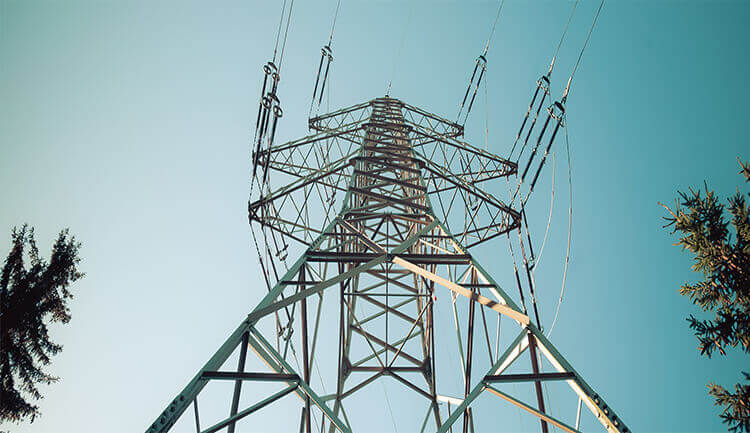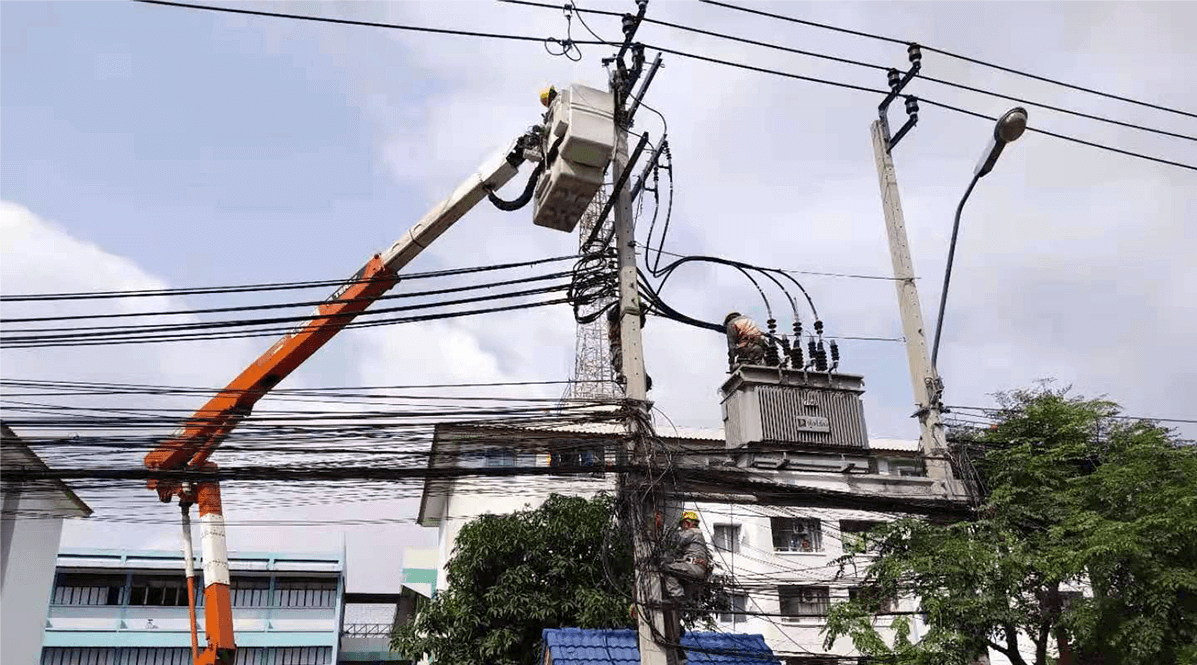



 >Applications>EV & Recharging Test
>Applications>EV & Recharging Test
Electric Vehicle is a trend. Installing & running EV charging stations is a choice. Installing EV charging stations is a great way to show your commitment to the environment and sustainability. By providing EV charging stations, you can build a loyal customer base that values sustainability. And depending on where you live, you may be eligible for rebates or tax breaks for installing EV charging stations.
high-power charging stations are increasingly being installed along major travel corridors such as motorways. These fast chargers are based on direct current (DC) and have higher power. The technology is already being taken a step further, leading to the emergence of high-power DC charging (HPC) which can provide up to 350 kW of power for ultrafast EV charging. However, the availability of high-power charging poses even higher safety risks, so it is increasingly important that the standards adequately take these risks into account.
But maintenance & repairing is a hard job for them. This can lead to billing errors and even damage to the user's device. Here are some tests you should make: Interoperability and Reliability Test, Electrical Safety Test, Compliance with Standards Test, Evaluate Conformance and Interoperability Test, Electromagnetic Compatibility Test, Range Test, Fast-Charging Test, and Billing Test.
Choosing automatic test equipment makes everything easy. Once an EVSE recognizes it is connected to a "car" and is ready for charging, the adapter tests if the EVSE is performing the way it should be. You can also perform the safety grounding protection pretest to verify that no dangerous voltage is present in the grounding circuit.
